Care of the environment affects the quality of our relationships with God, with other human beings, and with creation itself. It touches the core of our faith in and love for God, “from whom we come and towards whom we are journeying.” It might be said that St. Ignatius teaches us this care of the environment in the Principle and Foundation when speaking of the goodness of creation, as well as in the Contemplatio ad Amorem when describing the active presence of God within creation.” General Congregation 35, Decree 3: 32 of the Society of Jesus
The ecological crisis poses a grave threat to Madagascar Island. People are destroying the environment without awareness of the consequences for future generations. Bush fires are seen throughout the year, and one particular area might be burned twice or more in one year. People are cutting trees without planting new ones. Furthermore, erosion is seen everywhere. The absence of trees gradually allows the surface of lands to be destroyed by water during the rainy seasons. In urban areas, the pollution of the air caused by toxic gases, alongside the pollution of the cities in general due to the carelessness of the population themselves, are also alarming.
The most dangerous effect of the destruction of the environment is thus the irreversibility of the damages. Future generations will inherit the damaged land. We cannot imagine how they will survive. Moreover, whatever we do in Madagascar affects the whole cosmos. Sadly, the majority of the Malagasy people are unaware of these dire predictions and the global consequences of their actions.
The crisis is compounded by lack of education and poor infrastructure. In the rural areas, the majority of the population receives little if any formal education, and most lack access to communication technology due to the difficulty of catching radio or television signals. Roads are rough and transportation is very expensive, enforcing a lack of mobility and a sense of isolation. The people thus remain unaware of the implications of their relationship with the environment. In the urban cities, we find several schools built in every corner. However, care for the environment remains a big challenge for the whole population.
I believe that an integral part of the mission of the Jesuit schools in Madagascar is to extend the ongoing work of the Trinity in creation. In order to fulfill the conditions that make human beings reflect their creation in the image of God, we must develop a responsible and balanced relationship with our earthly home. Educators are called to teach the young generations about this vocation.[1] I also believe that protecting creation is a call addressed to every baptized Christian, and thus propose that addressing the ecological crisis is a “constitutive dimension” of the preaching of the good news of Jesus Christ in Madagascar today. [2] This project invites us to collaborate with others, the non-Christians and the non-believers. And I think, our schools are the excellent locus to promote such solidarity since we always welcome everybody to these schools. [3]
What are we doing?
First, we call upon our teachers to raise awareness in our students about the alarming call to care for our environment.
Second, we lead our students in cleaning our properties.
Third, we work with our students in making our schools green by planting trees and taking care of our gardens.
Fourth, every trimester, we organize an ecological day, as a time for us to promote solidarity for the common home. Various activities (cleaning, tree plantings, etc.) will be in our program. This is also an opportunity for us to bring care for the environment into our liturgy. Clothing and healing the earth require us to go beyond the sanctuary. We cannot feel the pain of our neighbors without involving ourselves in their struggles. If a good physician must observe his/her patient in order to apply the appropriate cure of the disease, Educators and students in Jesuit Schools, as good healers of the earth, must also go to the field and heal it in an appropriate way. [4]
Fifth, we are making an effort to create botanical gardens in our schools, as an ecological showcase, not only for our students and staff, but for all visitors.
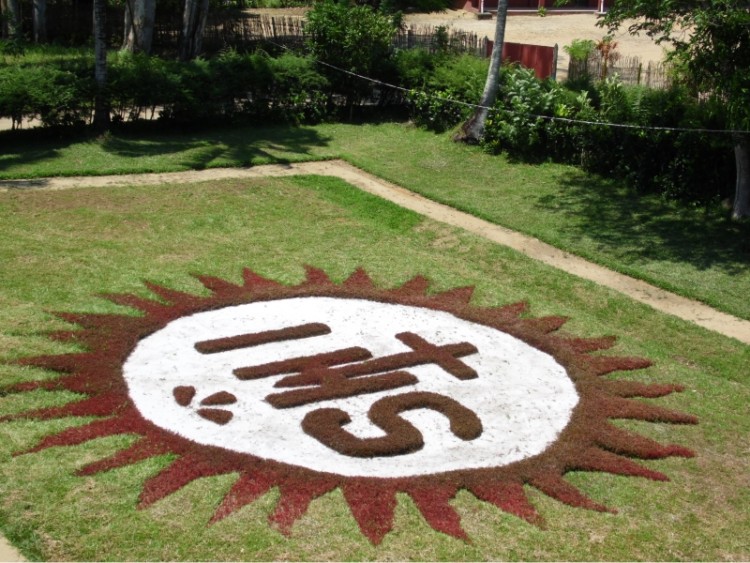
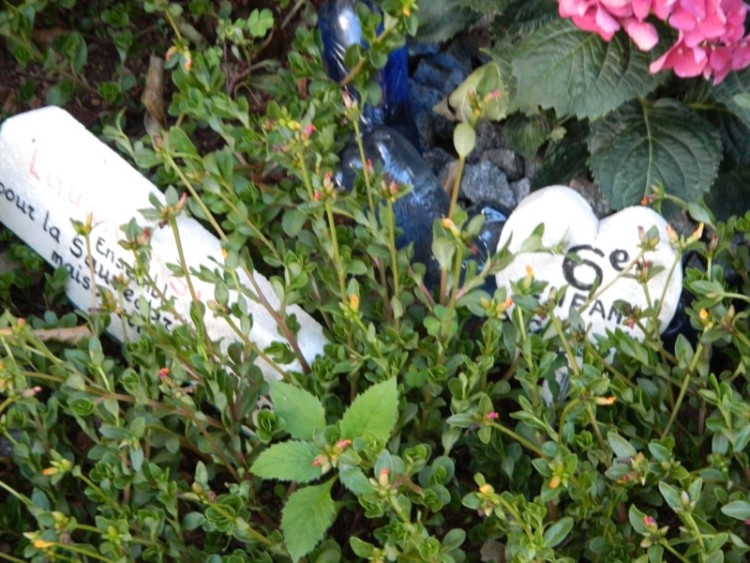
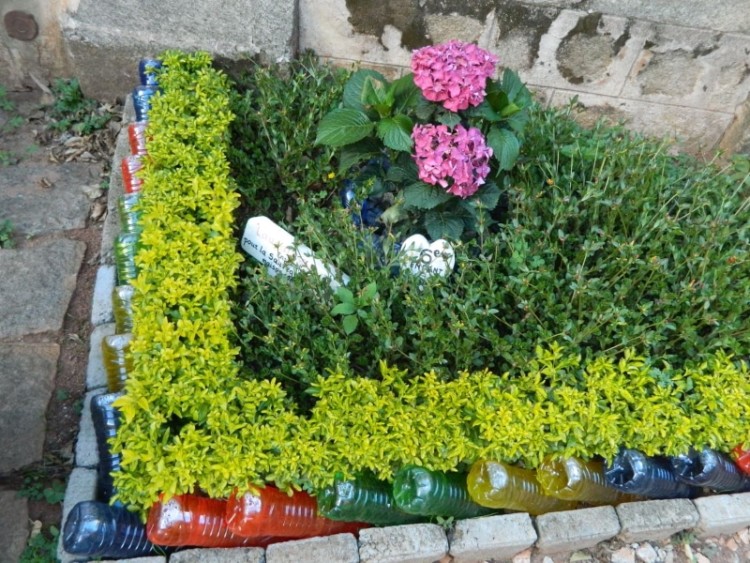
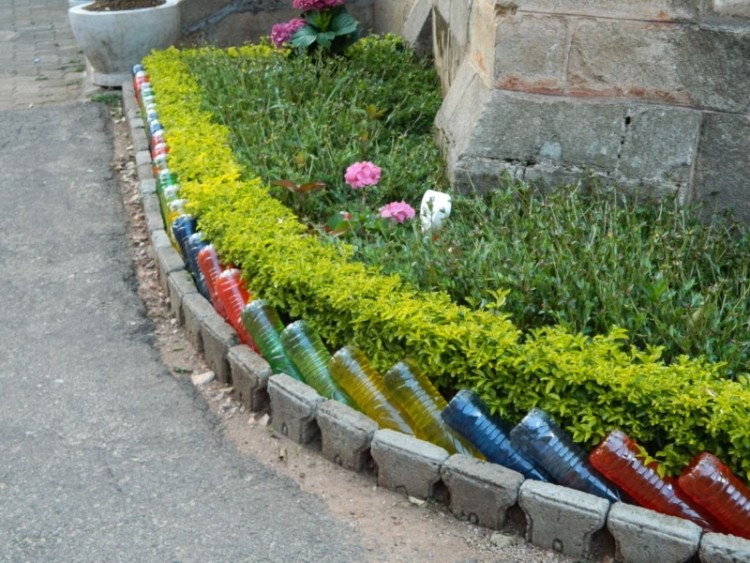
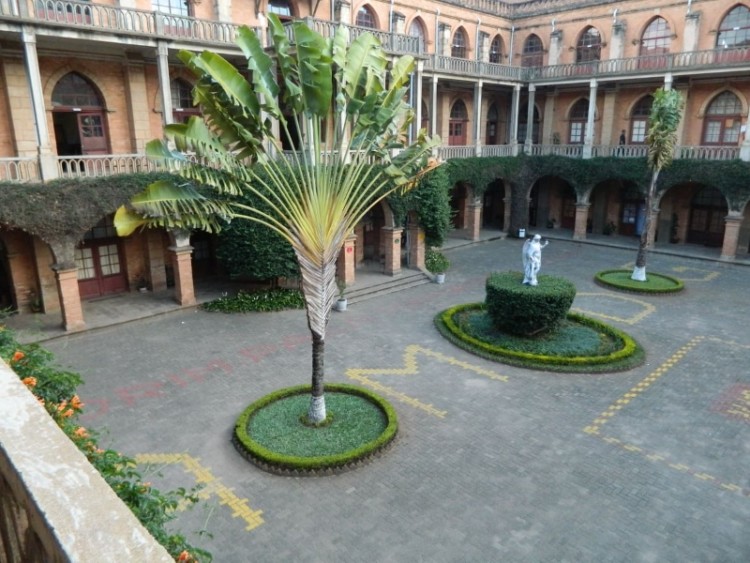
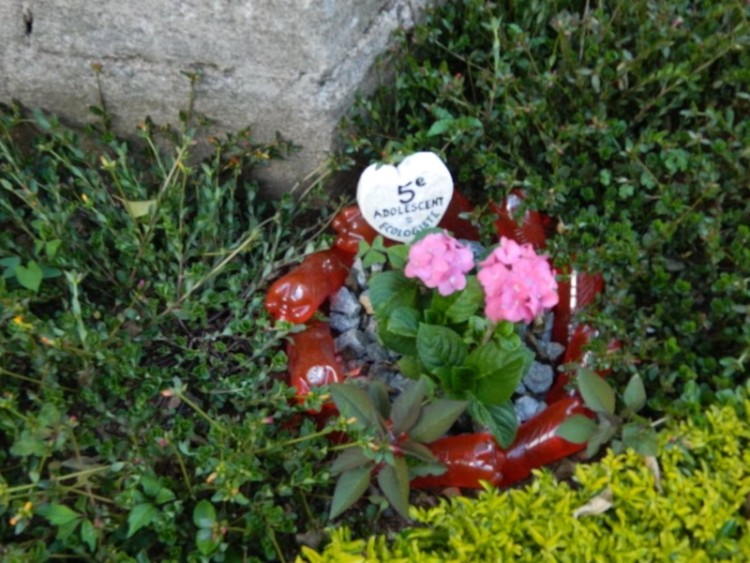
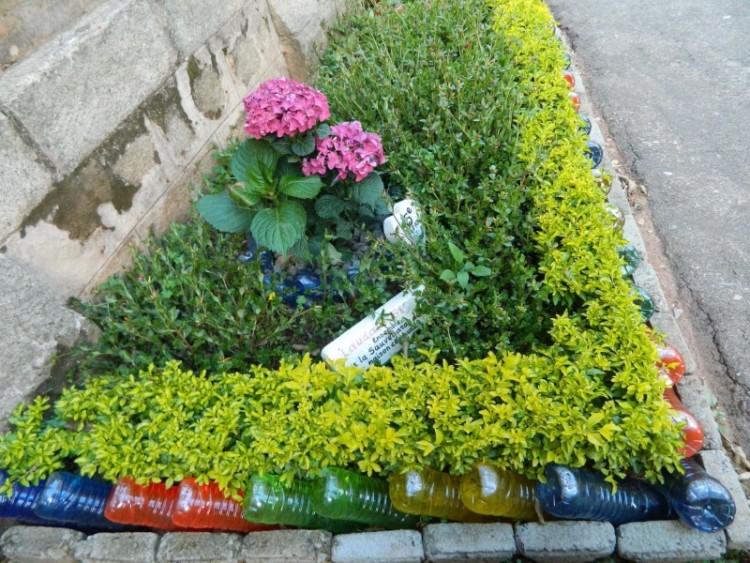
[1] The General Congregation 35, Decree 3, #30, of the Society of Jesus urges that “this invitation calls us to move beyond doubts and indifference to take responsibility for our home, the earth.”
[2] A reference to the 1971 document, “Justice in the World” [#6]. “Action on behalf of justice and participation in the transformation of the world fully appear to us as a constitutive dimension of the preaching of the Gospel.”
[3] A reference to the 4th Universal Apostolic Preference of the Society of Jesus.
[4] A reference to the “tree-planting liturgy” of Marthinus. Cf. Roger S. Gottlieb, ed., The Oxford Handbook of Religion and Ecology (New York: Oxford University Press, 2006), 548.

